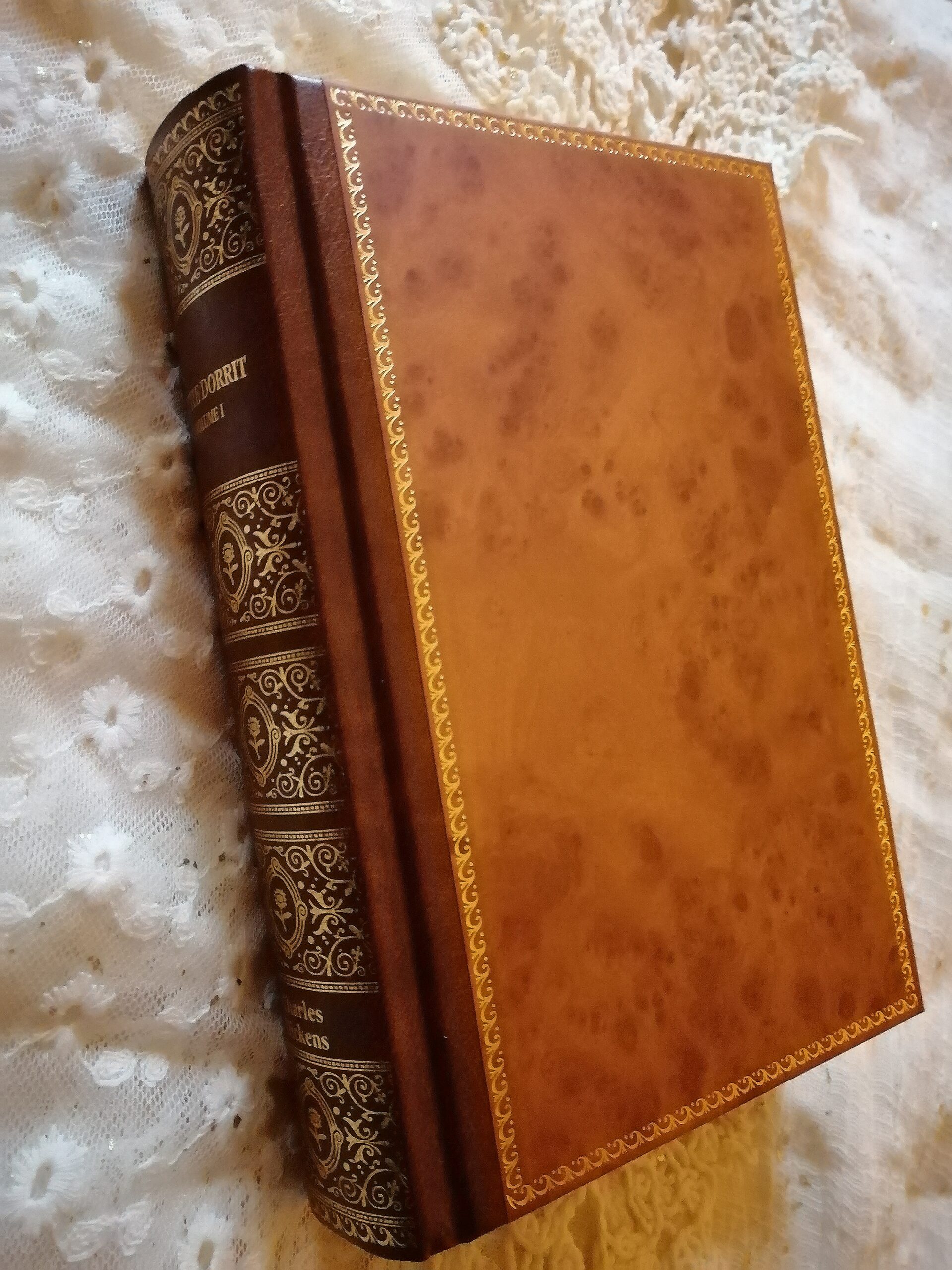In the first part of this lesson (see previous post), we talked about small changes you can introduce in your writing that make a huge difference in how others read and understand it. After all your effort writing something, the last thing you want is for someone to skim or even ignore all you had to share!
I can remember a time when I gradually distanced myself from a friendly salesperson because her emails lacked commas and semicolons, rather like Charles Dickens’ character Flora Finching in Little Dorrit (1857). It can be painful to read or listen to someone who ignores these basic linguistic rules! 😬
📙 ‘Even Flora’s commas seemed to have fled on this occasion; she was so much more disjointed and voluble than in the preceding interview.’
– Charles Dickens, Little Dorrit
As promised, here is my third tip on what you really should include in your writing if you want to make it more effective.
…
📝 # 3 TRANSITION OR ‘FLOW’ WORDS
Transition or flow words are words or short phrases that help to link and differentiate sentences. In all likelihood you are probably using some already without even thinking about them, words such as but, although, however, also, still, etc.
✏️ There are about 200 of these in the English language, and they are very effective words with which to begin a sentence, sometimes end a sentence (e.g. ‘forthwith’, ‘hence’, ‘overall’), or link two parts of a sentence.
✏️ They can also express subtle shifts or transformations in an argument.
…
Here are some ways transition words are used:
– To express agreement or similarity: also, similarly, again, moreover, in like manner, additionally, as well as, together with, equally important, likewise, too, of course, then, by the same token, etc.
– To outline disagreement or contradiction: although, despite, in spite of, however, but, nonetheless, nevertheless, regardless, yet, but, while, even though, notwithstanding, on the other hand, by contrast, on the contrary, still, at the same time, besides, unlike, instead, whereas, rather, otherwise, conversely, albeit, etc. (Note: these last two, ‘conversely’ and ‘albeit’, are mainly used in written rather than spoken English).
– To highlight a condition, purpose or reason for something: if … then, for, when, so that, given that, so long as, because, in order to, in case, inasmuch, due to, owing to, while, lest, since, etc.
– To mention something’s effect or consequence: consequently, therefore, so, hence, as a result, for this reason, in effect, because, thus, for, accordingly, henceforth, thereupon, forthwith, etc.
– To conclude a thoughtful point or argument: in summary, summarily, as has been noted, as has been observed, in a word, in fact, in conclusion, in short, in essence, in brief, altogether, overall, by and large, on the whole, after all, all in all, in any event, all things considered, in the final analysis, as can be seen, generally speaking, generally considered, for the most part, etc.
You can also use transition words to indicate time or space. Here are some sentences in their context, drawn straight from Little Dorrit, that use chronological or spatial transition words. 👉 Can you identify them? (I have included the answers at the very end of this lesson, if you want to compare results).
📙 (a) ‘This young man’s disinterestedness appeared so very ludicrous in the eyes of Miss Rugg, that she was obliged to effect a precipitate retirement from the company, and to sit upon the stairs until she had had her laugh out. Meanwhile Mr Pancks, looking, not without some pity, at Young John, slowly and thoughtfully twisted up his canvas bag as if he were wringing its neck.’
…
📙 (b) ‘They had been speaking in low voices; more because it was natural to what they said to adopt that tone, than with any care to reserve it from Maggy at her work. All of a sudden Maggy stared again, and this time spoke: ‘I say! Little Mother!’’
…
📙 (c) ‘Once more he put out his hand frankly to poor Flora; once more poor Flora couldn’t accept it frankly, found it worth nothing openly, must make the old intrigue and mystery of it.’
…
📙 (d) ‘Here and there a Hatchment, with the whole science of Heraldry in it, loomed down upon the street, like an Archbishop discoursing on Vanity.’
…
📙 (e) ‘Wherever he went, this foredoomed Tip appeared to take the prison walls with him, and to set them up in such trade or calling; and to prowl about within their narrow limits in the old slip-shod, purposeless, down-at-heel way; until the real immovable Marshalsea walls asserted their fascination over him, and brought him back.’
– Charles Dickens, Little Dorrit
…
👉 Be intentional about where you put these in your writing (or indeed where you insert them in your spoken communication). If you never use them, chances are that you are not actually sharing something that is clear and purposeful for those on the receiving end. Using these transition words will subconsciously alert your readers or listeners that you have something worth saying, something that is clear, organised, and has an end in mind.
✒️ Over the next week, why not try to use these three small but essential ingredients in your written work? You can be guaranteed that they will make a difference in how you think, write and are understood by others – so it is definitely worth a try!
…
ANSWERS: (a) ‘meanwhile’, (b) ‘all of a sudden’, (c) ‘once’, (d) ‘here and there’, and (e) ‘wherever’ and ‘until’.




